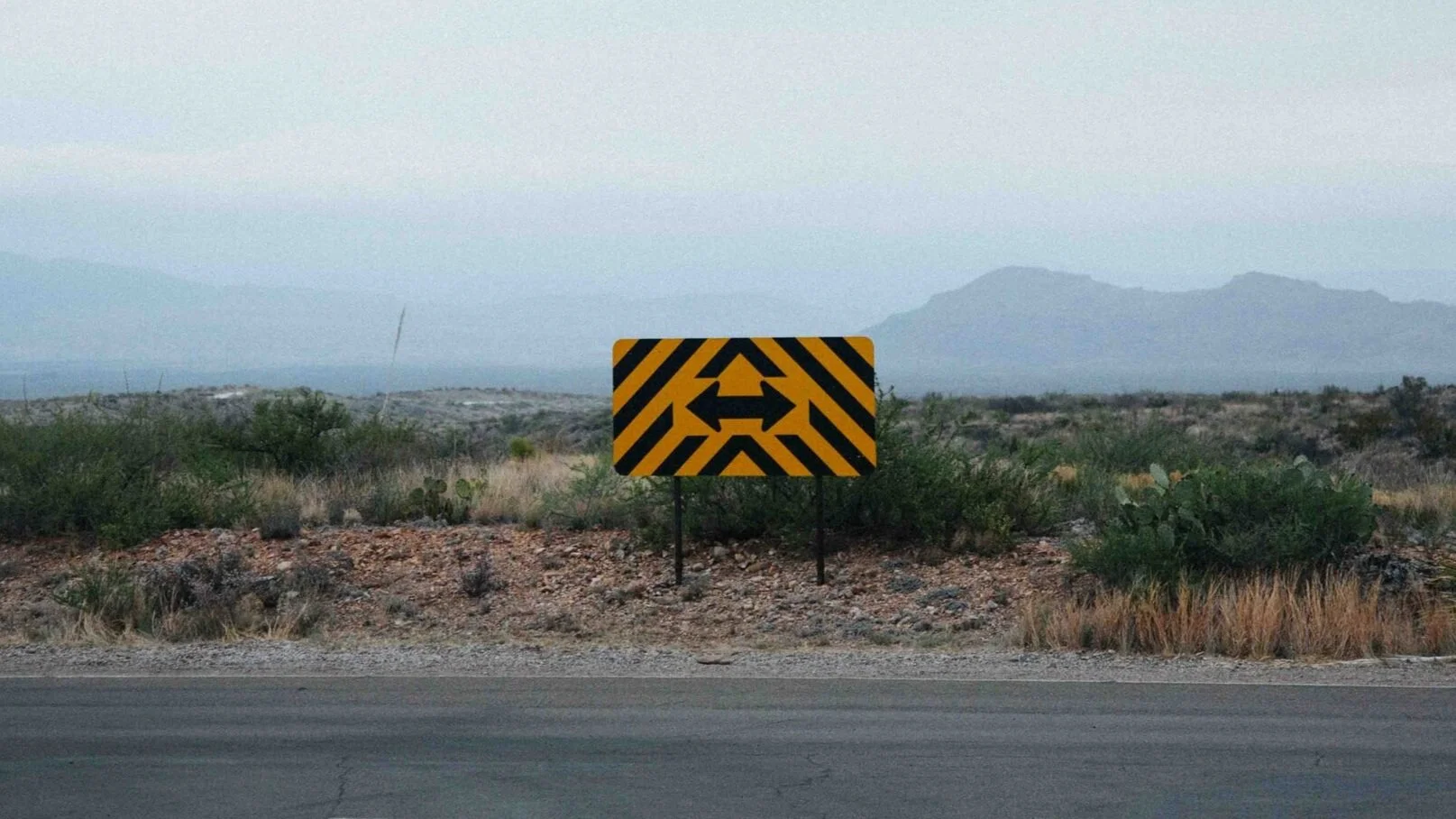It’s been a decent few weeks for the hospitality sector in the UK. After months of lockdown, shutdown and restart planning, pubs, bars, restaurants and cafes finally reopened at the start of July.
It hasn’t looked quite the same – table service, online bookings, cashless payments and sign-in sheets weren’t commonplace in every venue pre-pandemic – but after a cautious start, consumers are coming back. Scenes like those in Soho on July 4th have been rare, while Eat Out to Help Out and the continuation of good summer weather – except in those places where England are attempting to play cricket – are resulting in some renewed optimism for the sector and the economy.
But despite the restart, the pandemic isn’t over.
As the government’s chief scientific adviser was keen to impress on us in April, we are in this for a very long time. In July, Chris Whitty redoubled this message, emphasising that the move towards reopening the economy was at the limits of what was possible while Professor Graham Medley (Chairman of SAGE) warned last weekend that pubs may need to shut again in order to allow schools to reopen in September.
The reconfiguration of daily life
Put simply, the government have a range of levers to pull to reopen society. Pull all of them – i.e. lift all measures – and the virus can spread unchecked. At the moment, the lever marked ‘hospitality and leisure’ has been pulled forward. In a few weeks it may need to be pushed back in order to enable the lever marked ‘schools’ to come forward.
Since Medley’s comments, the government have played down the prospect of hospitality shutting again – but reported cases have stopped declining. Whatever precise action the government takes in order to safely reopen schools in September the message is clear: until a vaccine comes along – and possibly after – the future is in tradeoffs such as the one between schools and pubs.
These are present everywhere, creating a group sectors or businesses losing out as a result of the disruption and a group that spy opportunities in the reconfiguration of daily life.
Some examples:
Airbnb and the UK’s prominent tourist destinations seeing rises in domestic leisure tourism, while airports, airlines and firms reliant on foreign holidays (e.g. Hays Travel) struggling
The railways being essentially renationalised while cycling reaches 400% of normal volumes (source: DFT)
High street retail struggling (Laura Ashley, Cath Kidston, John Lewis) while courier giant Hermes plans to create 10,000 new jobs
Footfall in city centres failing to support retail and hospitality demand while satellite and commuter towns see their midweek populations swell as a result of home workers
What next in this crisis?
In some ways, disruption, tradeoffs and winners and losers are a feature of any crisis, including recessions. But this crisis has three unique features:
The immediate, universal impact of this crisis. Recessions take time to hit, and hit some sectors or groups of consumer months before others. With Covid-19, virtually the entire country shut down at the same time; behaviour was forced to change virtually overnight
Different priorities at different times. This is a rolling, and possibly seasonal crisis. After months of shutdown, the government are taking new steps to help stimulate consumer demand, especially in the leisure sector over the summer. Come the autumn, education will again be the priority.
A fragmented, divided country. Even pre-pandemic, we were in the midst of a febrile and divisive culture war. There will be winners and losers from the pandemic: as a sense of national unity and togetherness fades, this will deepen pre-existing divides.
The exact shape of future societal, political and economic trends over the next few months is uncertain. But one thing is clear: this is a zero-sum game. For one rule to be relaxed, another restriction must be implemented.
Tom Johnson is Managing Director of Trajectory, a leading trends and foresight consultancy. Tom and Trajectory use data and forecasting techniques to understand changing consumer behaviour and map out the future.





